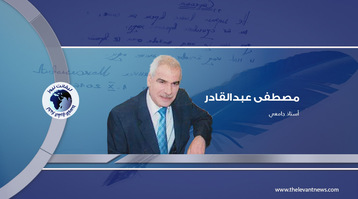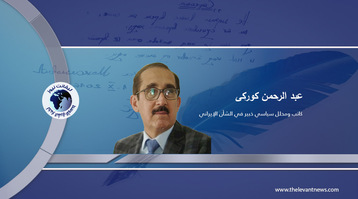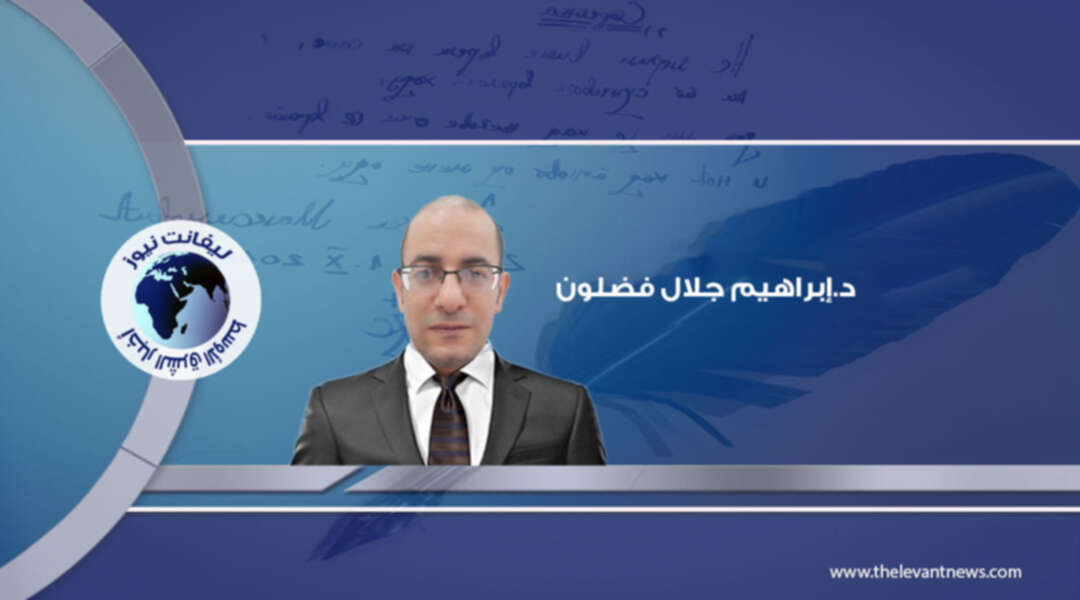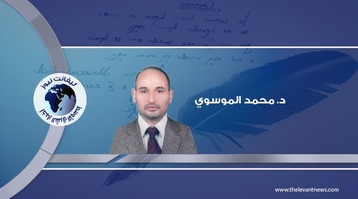-
The Amazon Rainforest and the Ozone Hole
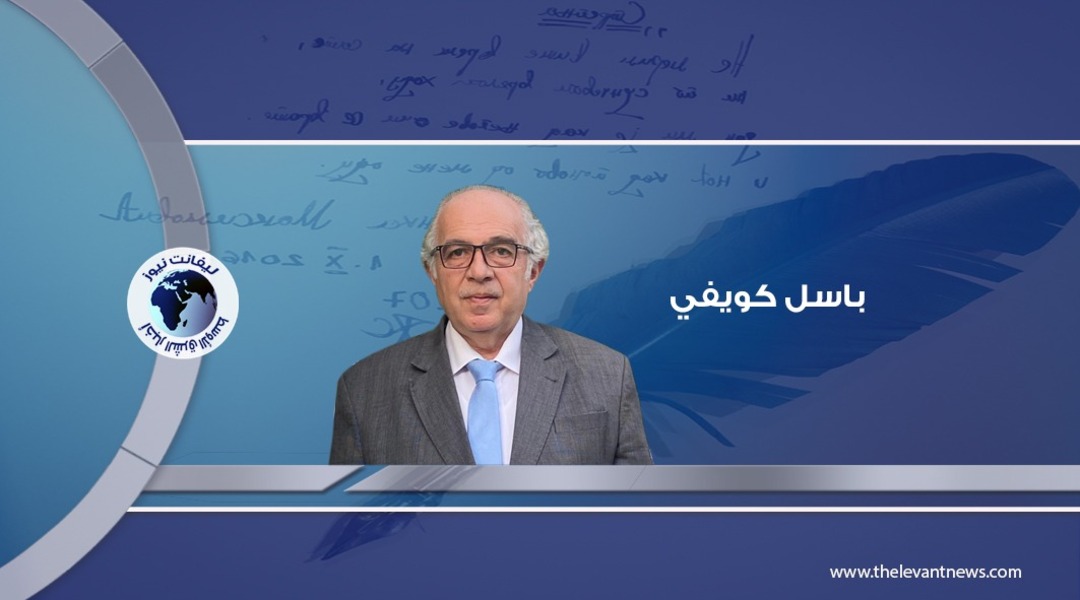
The Amazon rainforest is considered the "lungs of the world," with the Amazon River flowing through it, making it the largest tropical forest on Earth. It plays a significant role in stabilizing the global climate, as it absorbs vast amounts of carbon dioxide that contributes to climate change. However, deforestation and burning have somewhat degraded it. The rainforest also plays a vital role in regulating the Earth's climate and maintaining global biodiversity, housing various species of insects and more than two thousand types of birds and mammals, thus providing essential ecosystem services for humanity.
At the same time, the risks posed by harmful substances that deplete the ozone layer lead to the creation of an ozone hole, allowing ultraviolet rays to directly strike the Earth, threatening human life and health and severely harming most animals, plants, and their ecosystems. Human industrial activities, along with the technologies developed for fossil fuel extraction, chemicals, and fierce economic and military competition, have resulted in excessive usage in civilian and military industries that release toxic gases, leading to climatic and environmental disasters through a hole in the ozone layer.
The approach may be closer to reality by transitioning from the global environmental and climatic state to the regional and global political, geopolitical, and military context, where security and peace represent the stability and progress of the world, while wars and conflicts are akin to a black hole threatening human and biological life across our planet.
The Israeli war in Palestine, Lebanon, and Syria has created an unannounced mutual interest and alliance between Hayat Tahrir al-Sham, armed factions, and Turkey on one side, and multiple regional and international interests on the other. Will the ceasefire agreement in Lebanon and the implementation of UN Resolution 1701 hold amidst the ongoing war on Gaza? How can the advances of Israel, which the UN and major powers have been unable to stop, be curbed, as we witness serious escalation in Syria and nuclear tensions between Russia and NATO in Europe?
In my view, the region and the world are at a pre-preparatory stage for significant settlements involving various military and security escalations. Within these frameworks, major powers demonstrate little interest in humanitarian and moral details.
In this context, Hayat Tahrir al-Sham and Turkish-backed forces launched an operation they called "Deterring Aggression" in Aleppo, Idlib, and its countryside, with the stated goal of returning displaced Syrians to their towns. However, the true objectives of the operation appear to be expanding Turkey's influence and control over regions, ensuring these parties have sway in the future political landscape of Syria, and pressuring the Syrian army and the Syrian Democratic Forces (SDF) in northeastern Syria.
It is worth noting that the United States classifies Hayat Tahrir al-Sham as a terrorist organization, and these attacks may represent a renewed attempt to reshape the balance of power for negotiation ahead of January 22, 2025, when President Trump’s administration will commence, along with its electoral promises.
At the same time, Turkey is seeking to pressure the Syrian government to normalize relations based on Ankara's vision, while Russia, engaged in Ukraine, which the West has permitted to target Russian depth with missiles, has limited itself to Kremlin statements warning against "attacks on Syria's sovereignty." Iran is negotiating the nuclear file in Europe, likely with conditions to limit its influence in the region, and various international and regional actors, including Israel, Turkey, the United States, France, and other Western countries, seek to achieve broader political goals, including sidelining Syria from playing a political role in Lebanon to implement their agendas. This highlights the complexity of the regional and international scene, where it is clear that Israel stands to benefit the most (as part of a strategy to neutralize threats), a strategy initiated by Netanyahu since the war in Gaza.
Even before the war in Syria, reliance on the implementation of international resolutions was limited, as it requires deep agreements that transcend contradictions and international conflicts to build a new framework for global governance. Given its geographical and geopolitical position, Syria has become a regional and international battlefield, and a Syrian-Syrian dialogue applying UN Security Council Resolution 2254 may be the only internationally agreed-upon exit from the bottleneck, amid the ongoing conflict worldwide.
Peace, security, and stability represent humanity's desire for the continuity of life, while wars and conflicts are the black hole that threatens our planet.
Levant: Basel Kweifi
Tags
You May Also Like
Popular Posts
Caricature
Qatar Closes Hamas Office...
- November 11, 2024
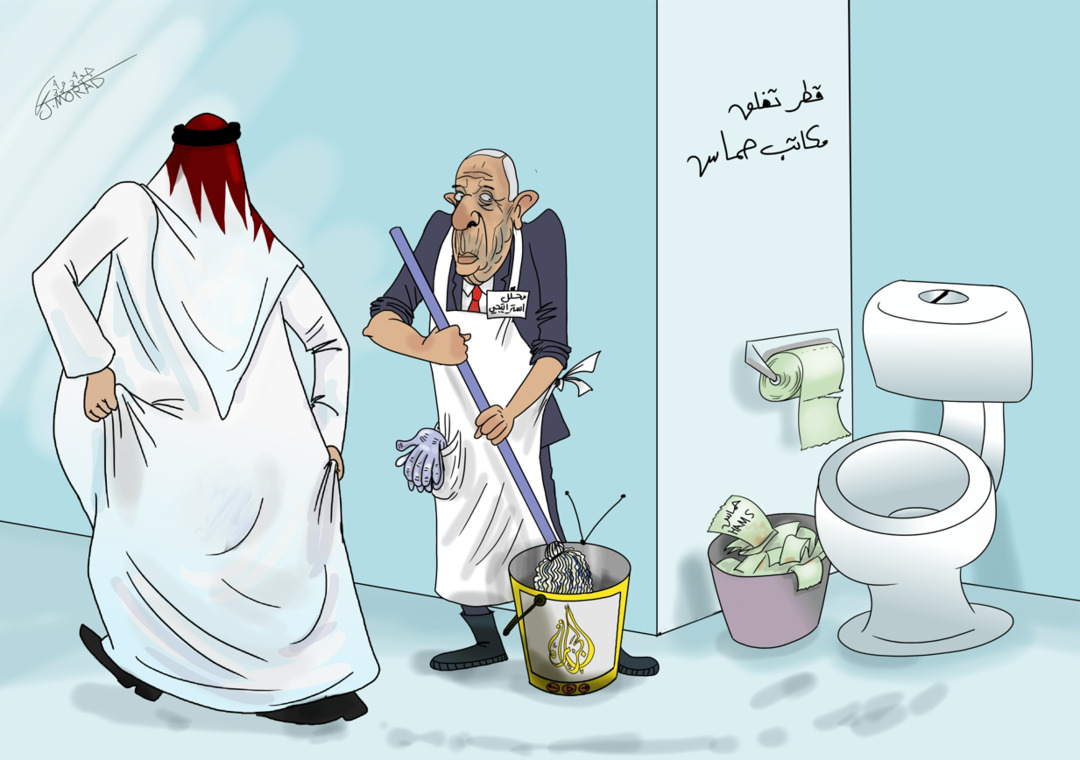
Qatar Closes Hamas Offices
opinion
Report
ads
Newsletter
Subscribe to our mailing list to get the new updates!


